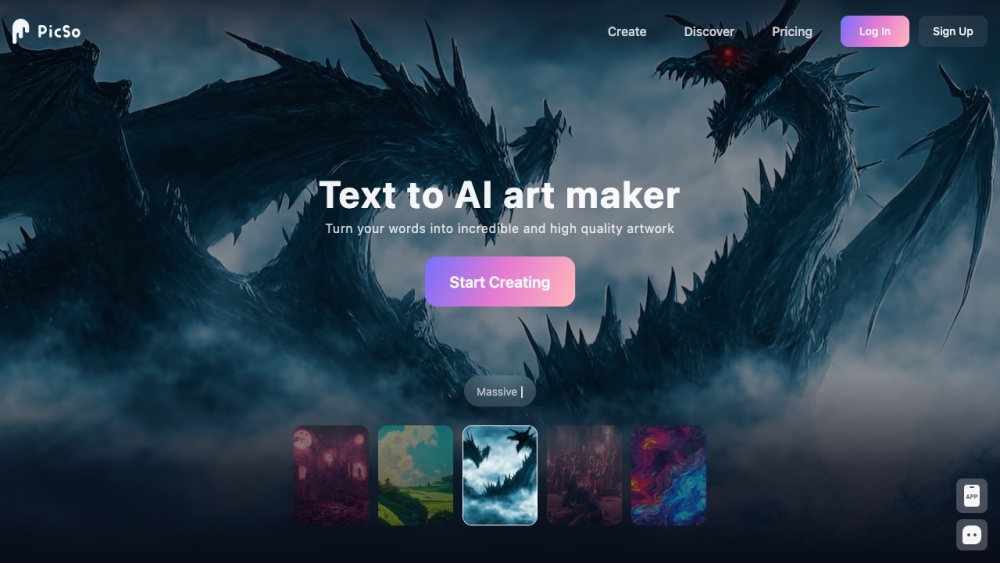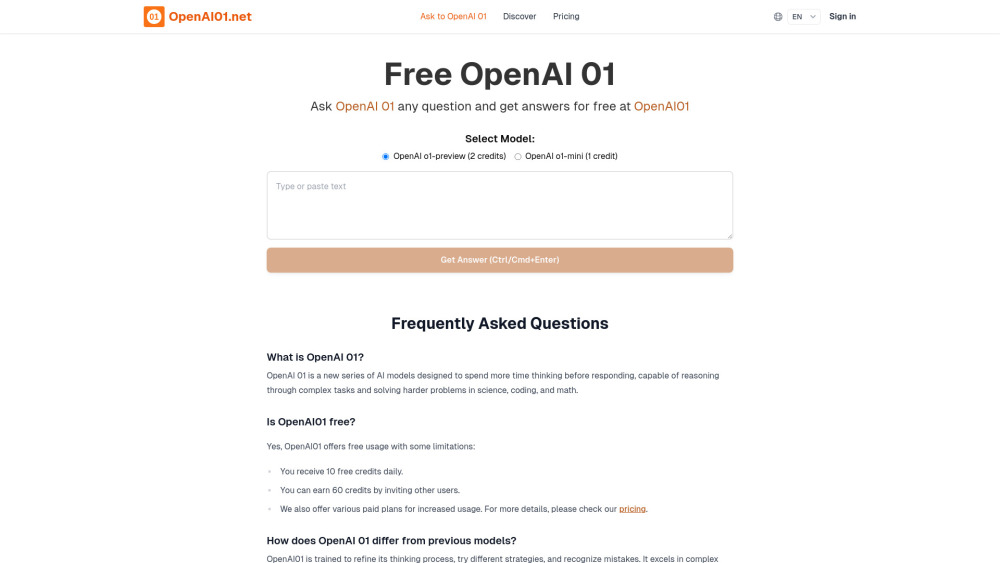Sakana AI, in partnership with scientists from the University of Oxford and the University of British Columbia, has created a groundbreaking artificial intelligence system named “The AI Scientist.” This autonomous platform aims to revolutionize scientific discovery by automating the entire research process.
The AI Scientist utilizes advanced large language models (LLMs) to replicate the scientific method. It can generate innovative research ideas, design and conduct experiments, analyze results, and peer-review its own manuscripts. Remarkably, the costs for producing a complete research paper are estimated to be approximately $15.
AI-Driven Discovery: A New Scientific Era
In a recent study published on the preprint server arXiv, the researchers demonstrated The AI Scientist's capabilities within machine learning (ML) research. The system effectively developed new techniques for diffusion models and transformer-based language models and analyzed learning dynamics. According to the researchers, the AI-generated papers met the acceptance criteria for a leading machine learning conference when assessed by their automated reviewer.
This advancement signifies a major step forward for AI, transitioning from narrow applications to a comprehensive approach to scientific problem-solving. The AI Scientist’s proficiency in managing the full research lifecycle indicates a level of reasoning and creativity historically associated with human researchers.
Balancing Human Intuition and AI Efficiency
The implications of such a system are significant. On one side, it could substantially enhance the speed of scientific discovery, enabling uninterrupted research and potentially accelerating breakthroughs in critical areas such as drug development, materials science, and climate change solutions.
However, the rise of autonomous research introduces vital questions regarding the role of human scientists. Although AI can analyze expansive datasets and discern patterns, human intuition, creativity, and ethical judgment remain indispensable in directing research toward meaningful outcomes. The challenge will be achieving a balance between AI efficiency and human-oriented purpose in scientific inquiry.
Additionally, the low operational costs of The AI Scientist could reshape funding and conducting research, potentially impacting job structures within the scientific community.
The researchers have recognized the inherent risks of such powerful AI systems, emphasizing in their paper that the machine learning community must prioritize aligning these systems with human values.
Navigating Ethical Considerations in AI-Led Science
This acknowledgment highlights the necessity of forming strong ethical frameworks to accompany technological innovations. As AI systems gain the ability to engage in independent research, it becomes crucial to ensure their operations align with societal values and benefit humanity.
The decision to open-source The AI Scientist's code encourages greater scrutiny and collaborative development, enabling researchers to enhance this technology and drive even more advanced AI-led scientific discovery.
As the scientific community reflects on the ramifications of this development, it is evident that the landscape of scientific discovery is on the verge of significant transformation. The primary challenge remains in leveraging AI’s capabilities while safeguarding the essential qualities of human inquiry—creativity, intuition, and ethical considerations—that have fueled scientific progress for centuries.





